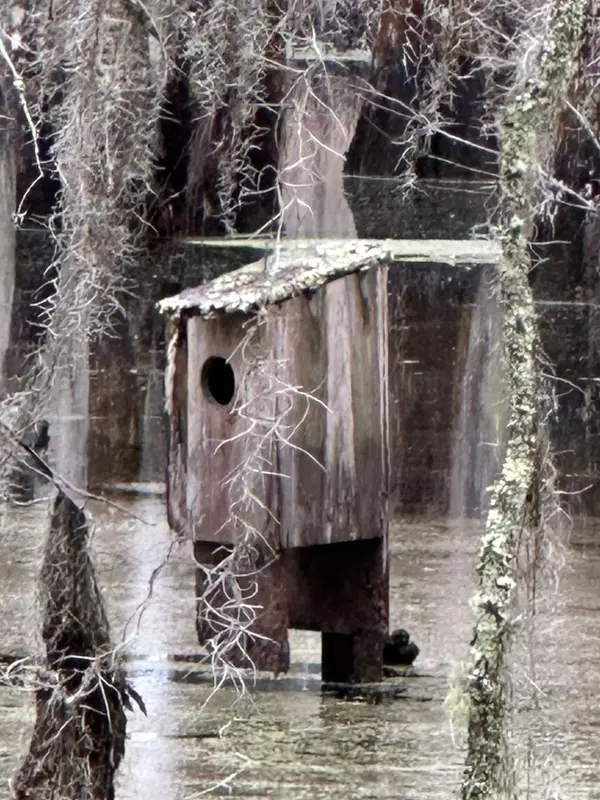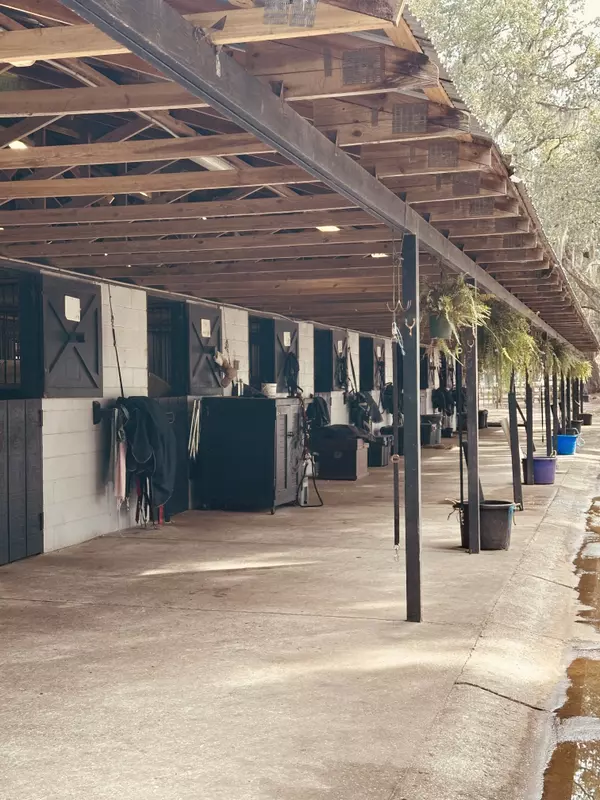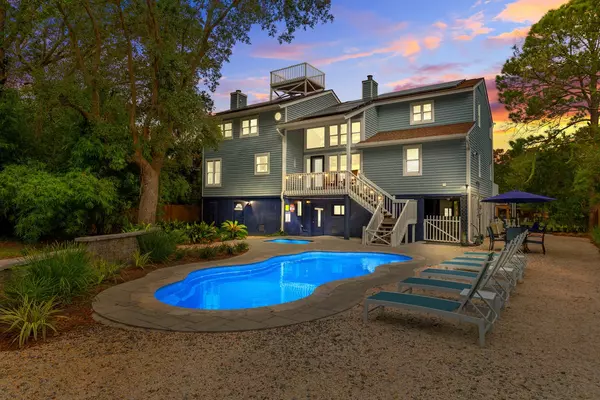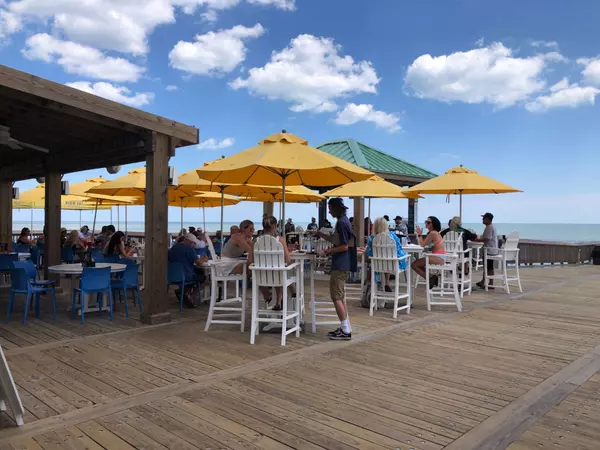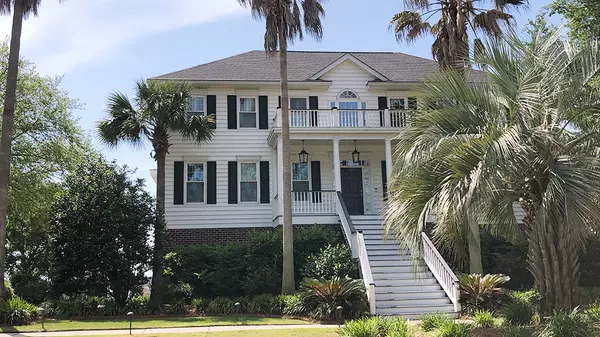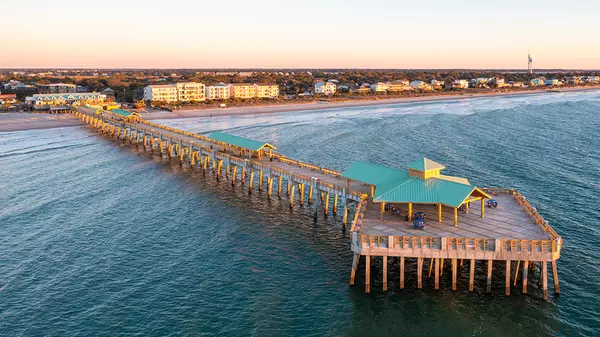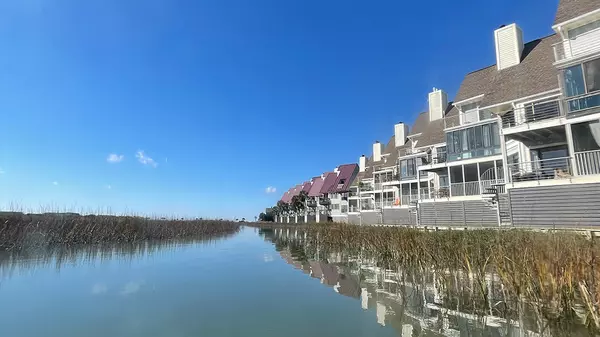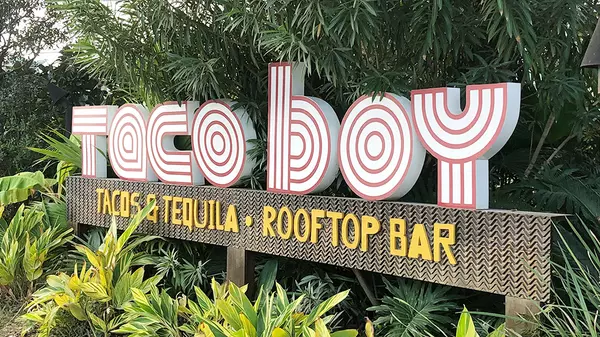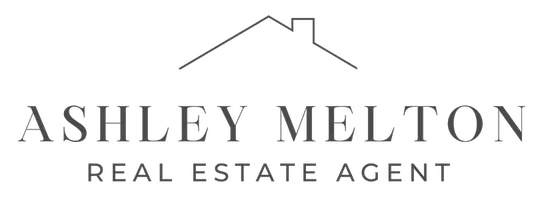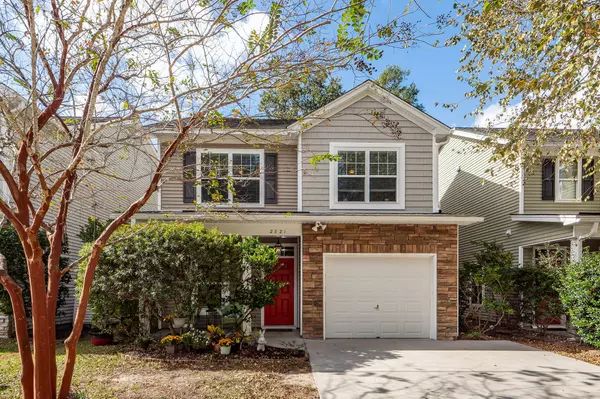
Discover Tranquil Living at 2821 Pottinger Dr, Johns Island, SC
$495,000 3 Beds | 2.5 Baths | 1,701 SqFt 2821 Pottinger Dr, Johns Island, SC 29455 Active Are you in search of a home that perfectly balances privacy and community? Look no further than 2821 Pottinger Dr, located in the serene setting of Johns Island, SC. Priced at $495,000, this charming home offer

Moving to Charleston, SC: The Good and the Bad
As the largest city in the state of South Carolina, Charleston has a rich history, is growing rapidly, and has a bright future ahead. If you're thinking about moving to Charleston, SC, I've got a local's perspective on the good and bad of moving to this amazing Lowcountry city. Charleston, South Car

What is Homeowner's Insurance and Do I Need It?
Home buyers, especially first-time home buyers, often ask if they actually need homeowners insurance and I get it. With the variety of expenses that come with the purchase of a home, it's natural to want to find ways to save money any way you can. But the bigger question is, do you want to save a li

Get to Know Wagener Terrace in Charleston, SC
Introduction Wagener Terrace, a neighborhood in the heart of downtown Charleston, SC, is one of the most sought-after neighborhoods in the city. This historic neighborhood has beautiful craftsman-style homes and a prime location near everything in Charleston making homes that do go on the market a h

What are the Disadvantages of Rent-to-Own Homes?
Rent-to-own homes still exist in this housing market. Some people see them as an easy option to buy a home. But the truth is that there are a number of disadvantages to rent-to-own homes, including higher costs and riskier lease terms than you might expect. So, if you're wondering are rent-to-own ho

A List of What Homeowners Can Do Without a Permit
As a homeowner, there'll come a time when you decide to make a change to your home. Whether it's due to some type of damage that needs to be repaired or a remodeling project you've been considering. But it's important to know which home projects require the proper permits and which don't. In this po

Living in Carolina Bay-West Ashley, South Carolina
About Carolina Bay Carolina Bay is a master-planned community in the West Ashley area of Charleston, South Carolina. The family-friendly neighborhood offers some of the newest homes in the area having been completed in 2020 by Pulte Homes. Conveniently located off Route 17, also known as, Savannah H

Mount Pleasant SC Home for Sale $355,000
Just Listed condo for sale located in Madison of Park West in Mt. Pleasant, SC 2 Bedrooms | 2 Bathrooms | 1317 Square Feet | $355,000 Condo for sale in one of Mount Pleasant's best communities of Park West. Nicely upgraded condo on 2nd floor with Garage in a gated community. Tons of natural li

James Island SC Home For Sale $455,000
Just Listed home located in Seaside Plantation on James Island, SC 3 Bedrooms | 2 Bathrooms | 1,371 Square Feet | $455,000 Come live in one of James Island's most sought-after communities of Seaside Plantation when you choose this move-in ready home located on Lakefront Drive. Freshly painted wi
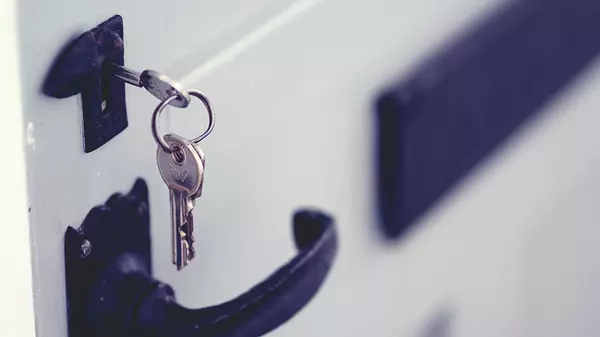
What Does Contingent Mean on a Home For Sale
In this post, we'll define what contingent means on a home for sale, show a few examples of how contingencies on homes are used, and provide advice for submitting an offer on a contingent home. What does contingent mean? Merriam-Webster defines "Contingent" as: "Dependent on or conditioned by somet

What is The Final Walk-Through of a House Before Closing?
Taking a final walk-through of your soon-to-be new home is the last thing you'll do before signing your papers and getting the keys on the day of closing. Most final walk-throughs are pretty quick, but that doesn't mean you should breeze through yours or skip it altogether. Read on to learn all abou

What's The Difference Between a Closing Disclosure and a Settlement Statement?
photo by Alena Darmel Whether you're the buyer or the seller, the final part of most real estate journeys is the home closing process. And one important aspect of closing is the settlement statement... or is it the closing disclosure? These two terms can sometimes make things more confusing than the

Top 10 First-Time Home Buyer Mistakes To Avoid
Whether you're a first-time homebuyer or purchasing your next home, I've seen these mistakes made by both. With this list of common mistakes homebuyers make, I hope to help you avoid costly issues and come out ahead of the game when purchasing your home. 1. Not Getting With a Mortgage Lender First T
Categories
- All Blogs (55)
- Charleston, South Carolina (13)
- First-Time Home Buyers (13)
- Folly Beach, South Carolina (12)
- Goose Creek South Carolina (1)
- Home Appraisals (2)
- Home Buying (34)
- Home Inspections (2)
- Home Maintenance (3)
- Home Selling (14)
- James Island, South Carolina (3)
- Mount Pleasant, South Carolina (3)
- New Home Construction (1)
- Summerville, South Carolina (1)
- West Ashley, South Carolina (3)
Recent Posts
